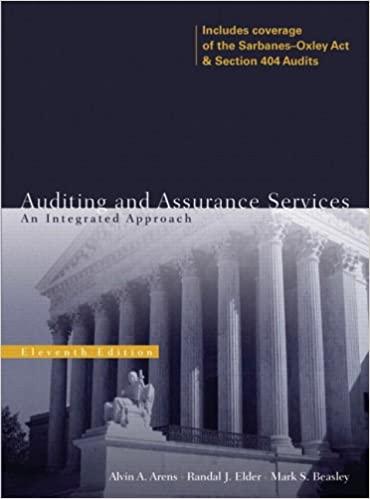Question # 2 The city of Atlanta, Georgia enacted an ordinance that imposes significant restrictions on the installation of outdoor advertising within the city. The express objectives of the ordinance are "to eradicate risks to motorists and other citizens caused by potentially distracting outdoor advertising" and "to maintain and enhance the attractiveness of Atlanta." The ordinance allows certain commercial advertising (signs advertising products obtainable at the location where the sign is placed), but outlaws other types of outdoor advertisements, both commercial and noncommercial, unless expressly allowed by one of the ordinance's 10 stated exclusions, such as impermanent political election signs. Big Al's Big Ads Inc,and other organizations involved in outdoor advertising in the city when the ordinance was enacted, brought suit in state court alleging that the ordinance unconstitutional. They sought an injunction against enforcement of the ordinance. The trial court determined that the ordinance was an unconstitutional violation of Bi Al's First Amendment rights. The Georgia Court of Appeals affirmed, but the Georgia Supreme Court reversed, holding, among other things, that the ordinance was not invalid under the First Amendment. Big Al's and the other companies appeal to the United Stat Supreme Court and the Court agrees to hear the case. How does the Court generally deal with issues involving freedom of speech? How will the Court deal with the issues presented by this particular case? Fully discuss how the Court would likely analyze this case. Question # 2 The city of Atlanta, Georgia enacted an ordinance that imposes significant restrictions on the installation of outdoor advertising within the city. The express objectives of the ordinance are "to eradicate risks to motorists and other citizens caused by potentially distracting outdoor advertising" and "to maintain and enhance the attractiveness of Atlanta." The ordinance allows certain commercial advertising (signs advertising products obtainable at the location where the sign is placed), but outlaws other types of outdoor advertisements, both commercial and noncommercial, unless expressly allowed by one of the ordinance's 10 stated exclusions, such as impermanent political election signs. Big Al's Big Ads Inc,and other organizations involved in outdoor advertising in the city when the ordinance was enacted, brought suit in state court alleging that the ordinance unconstitutional. They sought an injunction against enforcement of the ordinance. The trial court determined that the ordinance was an unconstitutional violation of Bi Al's First Amendment rights. The Georgia Court of Appeals affirmed, but the Georgia Supreme Court reversed, holding, among other things, that the ordinance was not invalid under the First Amendment. Big Al's and the other companies appeal to the United Stat Supreme Court and the Court agrees to hear the case. How does the Court generally deal with issues involving freedom of speech? How will the Court deal with the issues presented by this particular case? Fully discuss how the Court would likely analyze this case







